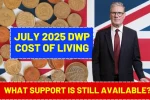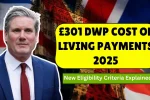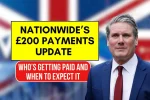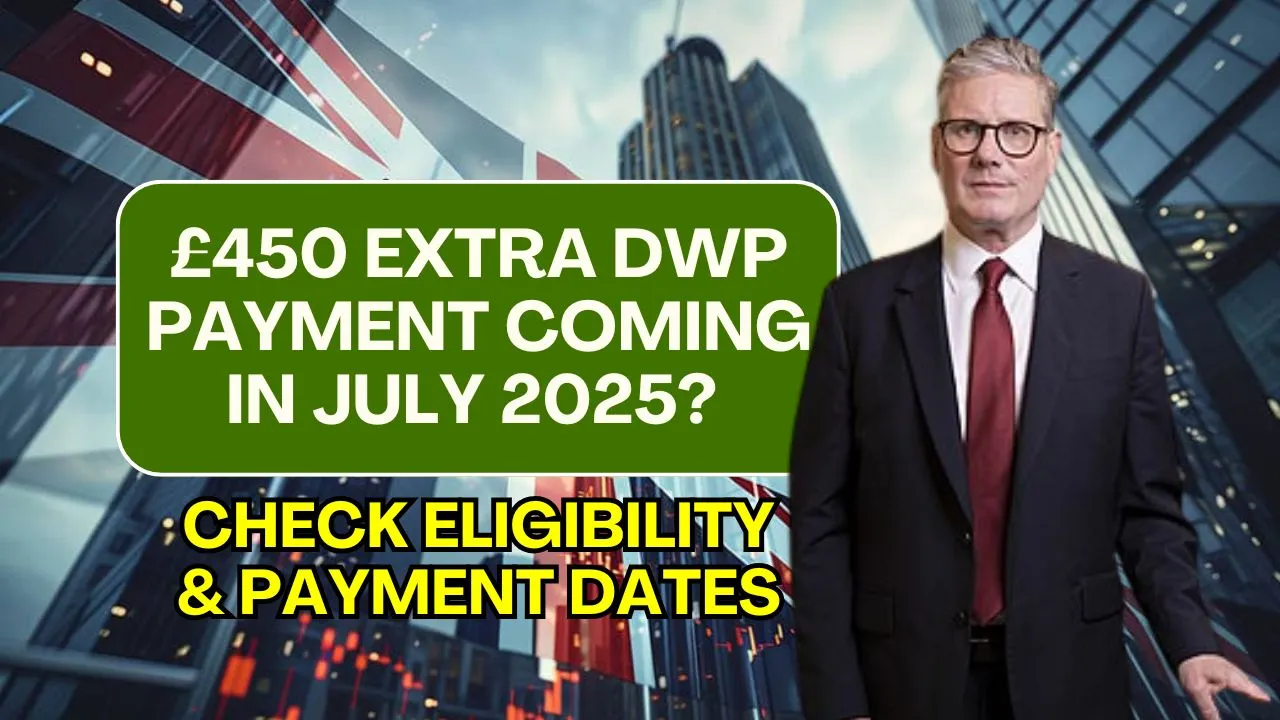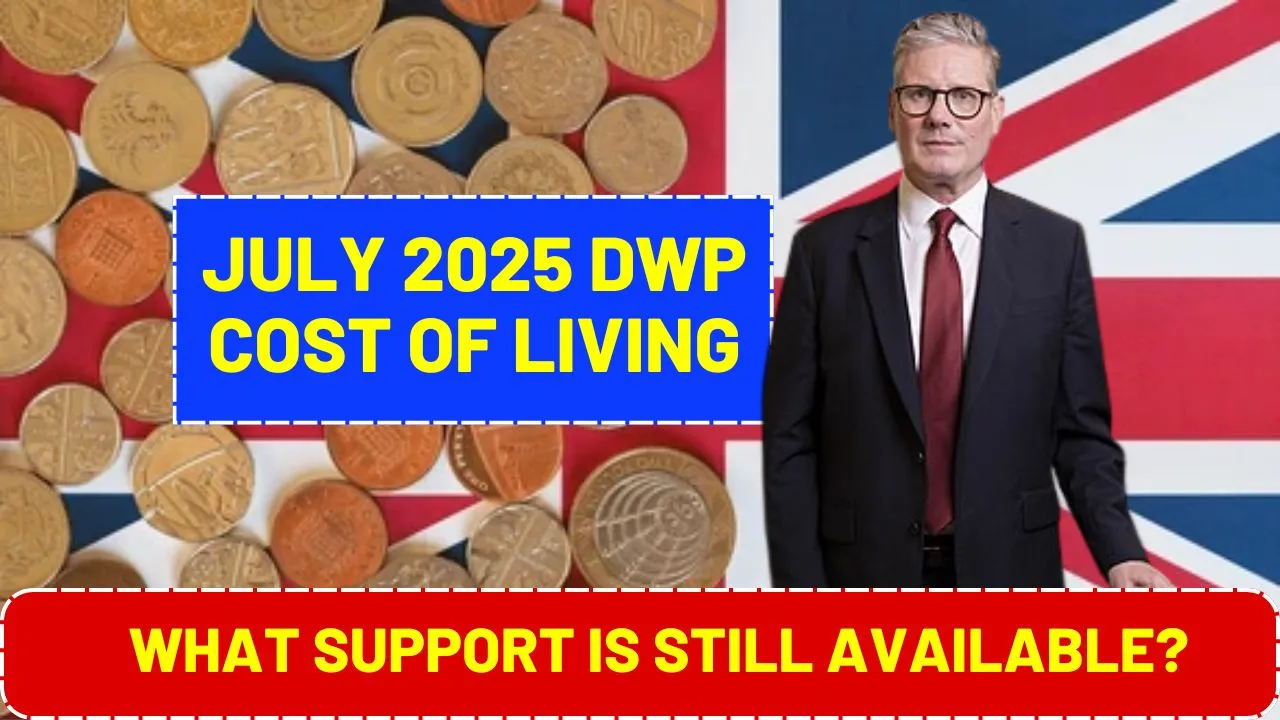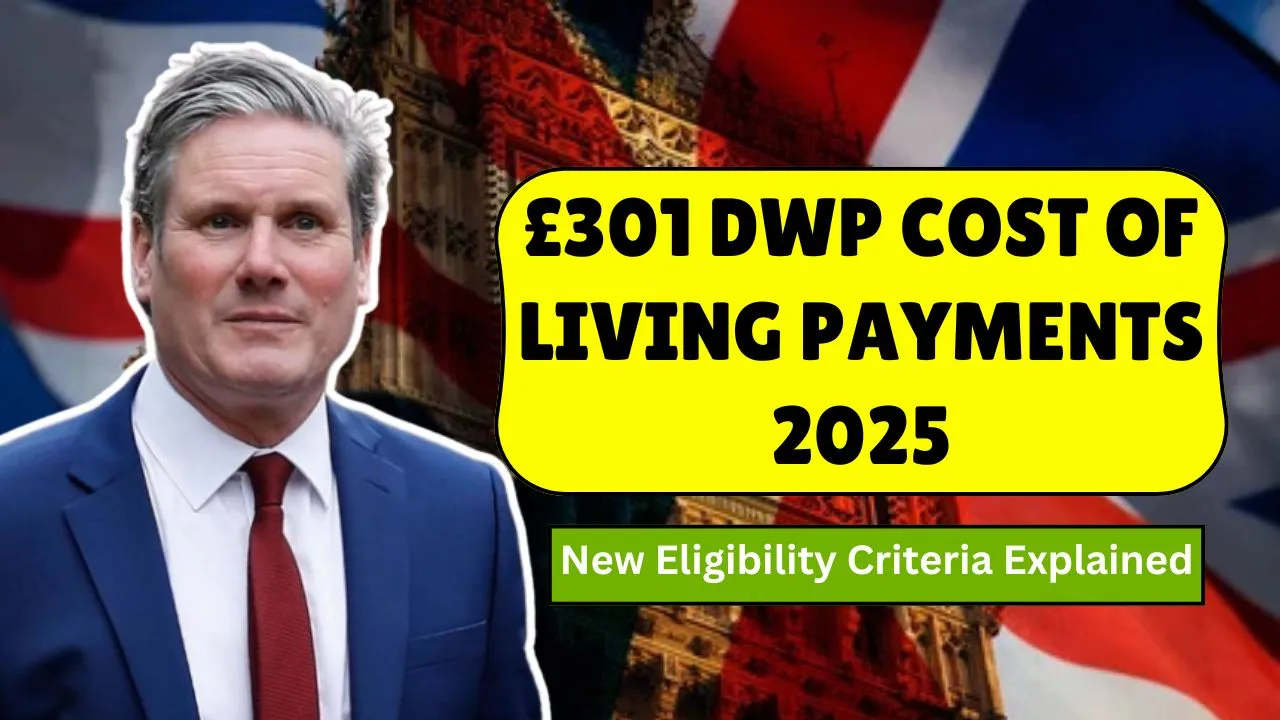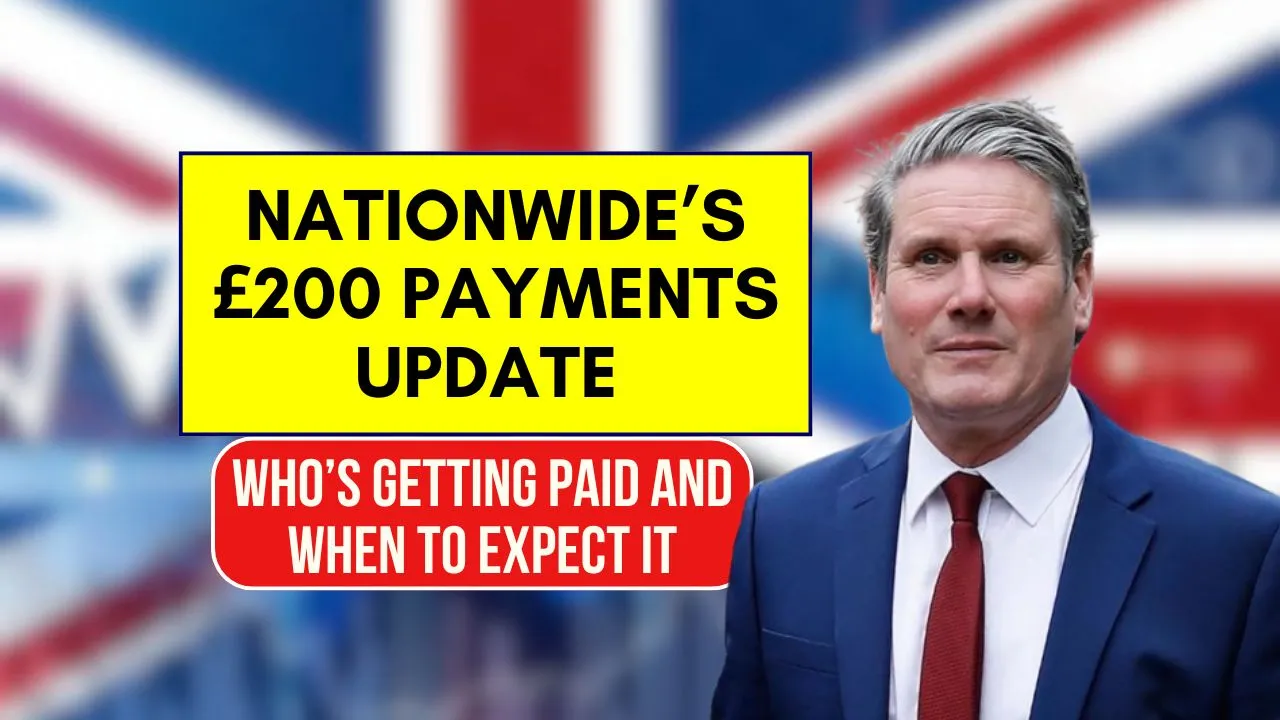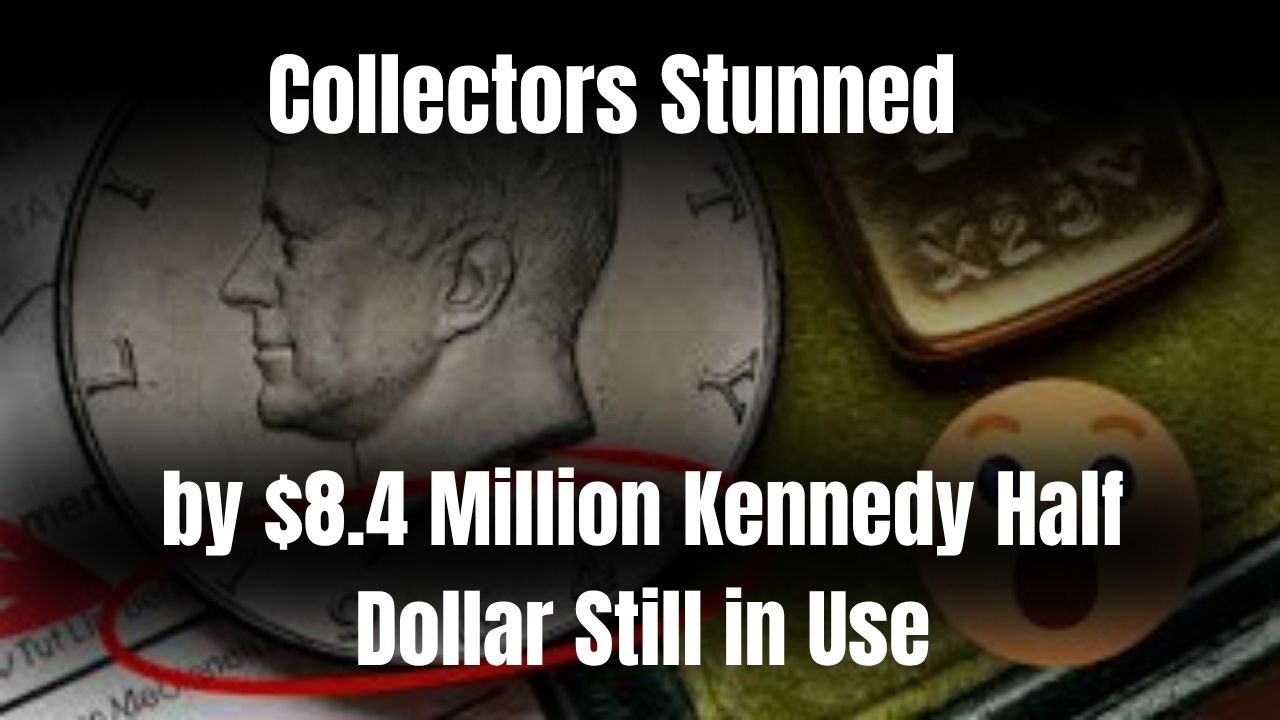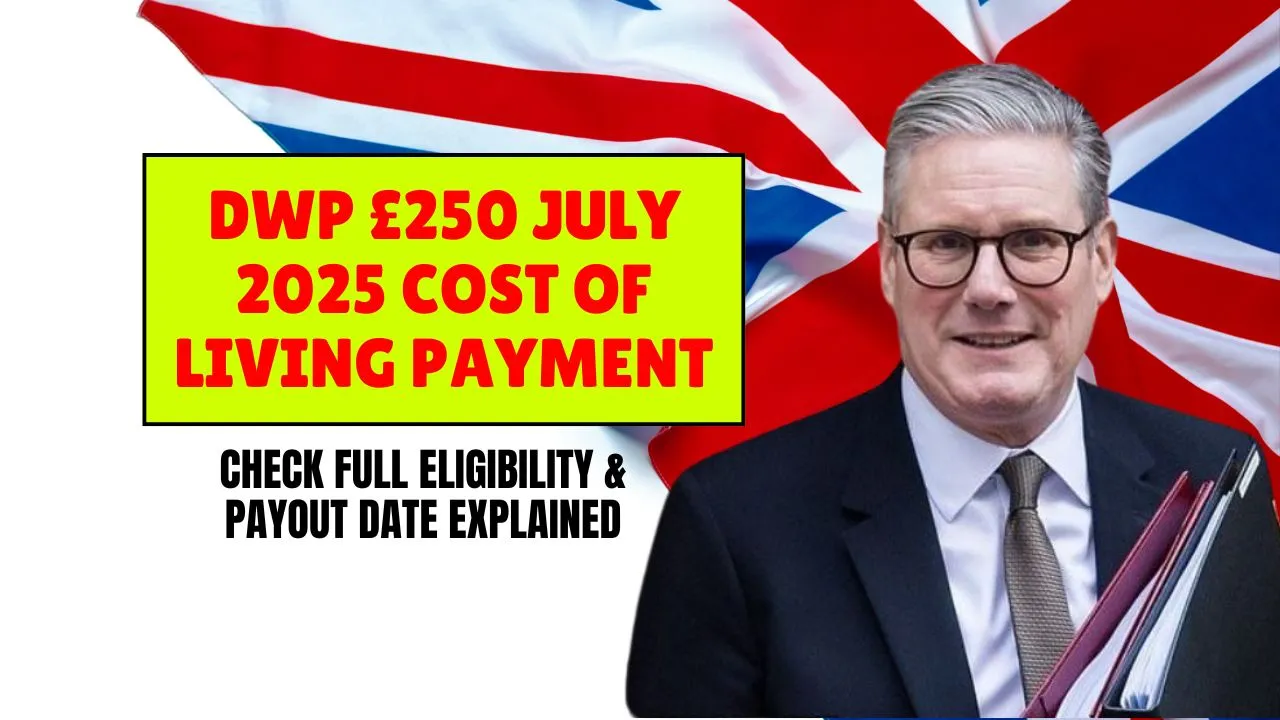£300 cost of living payments: UK households facing financial pressure from rising living costs are being offered extra support through targeted payments. As part of the extended Household Support Fund, many local councils are distributing payments of up to £300 in June 2025 to help with essentials such as food, energy bills, and daily expenses. These payments are part of a broader effort by the government to support low-income families and individuals during difficult times.
The £300 cost of living payments are not being issued uniformly across the UK. Instead, local councils have the flexibility to decide who gets what based on local needs. This means eligibility, payment amounts, and the method of distribution vary depending on where you live. This article provides a detailed breakdown of which councils are offering what, who qualifies, and how to apply or check if you’re eligible.
£300 Cost of Living Payments: Key Details
The £300 cost of living payments are part of the Household Support Fund, which has been extended until March 2026. The fund is managed by local authorities, who receive funding from the Department for Work and Pensions (DWP) and distribute it according to their own policies. Some households will receive automatic payments if they have previously qualified, while others will need to apply based on current circumstances.
Overview Table: Cost of Living Payments by Council
| Council | Payment Amount | Eligibility Criteria |
| Doncaster Council | Up to £300 (3+ children), £100–£200 (1–2 children) | Child Benefit recipients; eligible for Housing Benefit, Council Tax reduction, UC, or free school meals |
| Doncaster (Energy) | £100 | With or without children; must meet benefit-based criteria |
| Calderdale Council | £85 (families or disabled); £40 (single/couple) | No benefit requirement |
| Manchester Council | £130 | Must receive Council Tax Support and a disability benefit like DLA or PIP |
Household Support Fund Extension and Timeline
The government has confirmed that the Household Support Fund will run from April 2025 to March 2026. Councils have received funds to offer direct help to households in need. This includes support for:
- Food expenses
- Household energy bills
- Basic essential needs
Importantly, application deadlines and payment dates are decided by each council. For example, Doncaster Council plans to issue food-related payments around 15 July 2025, and energy-related payments by 15 December 2025. If you apply now or already qualify, you could receive your payment before July.
Different Councils, Different Rules
Since the scheme is locally managed, payment rules vary across the UK. Here’s a closer look at what’s being offered:
Doncaster Council
One of the most generous councils under this scheme, Doncaster is offering up to £300 for families with three or more children. If you have fewer children, you could still get between £100 and £200, provided you receive Child Benefit.
For energy support, Doncaster is providing £100 payments to households that either:
- Receive Housing Benefit
- Are on Universal Credit (including housing element)
- Qualify for Council Tax reduction or free school meals
Automatic payments will be made to previously verified households. You only need to contact the council if your bank account details have changed since your last payment.
Calderdale Council
Calderdale is offering more modest support, with £85 going to households with children or disabilities, and £40 to other households. What makes this scheme stand out is that you don’t need to be on any benefits to qualify.
Manchester City Council
Manchester has opted for a single payment model. £130 will be given to households that meet both of the following conditions:
- Receive Council Tax Support
- Receive a disability benefit (DLA or PIP)
Only one payment per household will be issued.
Do You Need to Be on Benefits?
Not necessarily. While some councils target their funds toward benefit recipients, others, like Calderdale, allow anyone struggling financially to apply. The UK government’s own guidance confirms this:
“You do not have to be getting benefits to get help from your local council.”
This broad eligibility means even if you’re not claiming benefits, you should still check your council’s rules. The support is meant for anyone who is vulnerable or unable to pay for essentials.
Automatic Payments vs. Applications
Some households will automatically receive payments if they previously received assistance under the Household Support Fund and still meet the current criteria. You’ll get a direct deposit using your last known bank details or a cheque if you were paid by post earlier.
However, if you’re newly eligible or have never applied before, you’ll likely need to submit an application to your local council. Every authority has its own form and process, so check your council’s website for exact steps.
How to Apply for Cost of Living Payments
If you need to apply manually, follow these general steps:
- Visit your local council’s website (e.g., Doncaster.gov.uk or Manchester.gov.uk)
- Look for the section on Household Support Fund or Cost of Living Help
- Fill out the online form with your personal and financial details
- Upload proof of benefits (if required) or other documents as requested
- Submit and wait for confirmation via email or post
Tip: If you’re unsure whether your area requires an application, call your local council’s support team.
What If You Don’t Receive a Payment?
If you think you’re eligible but haven’t received a payment or any communication, here’s what you should do:
- Contact your local authority directly
- Check your eligibility criteria on their website
- Make sure your bank details on file are current
- Review your previous payment method (cheque or direct deposit)
Delays may also occur depending on the volume of applications and the verification process.
Payments Will Not Affect Your Benefits
If you’re already receiving Universal Credit, Housing Benefit, or any other government support, rest assured that these payments won’t reduce your existing benefits. The Household Support Fund payments are not counted as income for benefit purposes.
FAQs
Q1. Who can get the £300 cost of living payments?
Households with three or more children in some councils like Doncaster may receive up to £300. Eligibility varies by local authority.
Q2. When will the payments be made?
Some payments are scheduled before July 2025, with more specific disbursements for food in July and energy in December.
Q3. Do I need to be on benefits to qualify?
No. While some councils require benefit status, others do not. Always check your local council’s criteria.
Q4. Will these payments affect my current benefits?
No. The payments are separate and do not impact any benefits you currently receive.
Q5. How will I receive the payment?
Via direct deposit, cheque, or digital payment, depending on your prior setup with the council.
Final Thought
The £300 cost of living payments offer much-needed relief to families and individuals struggling with everyday expenses. With councils now distributing funds through the Household Support Fund, it’s essential to understand your eligibility and take action if needed. Whether you qualify automatically or need to apply, don’t miss out on support that could ease your monthly financial burden.
Stay informed, apply early, and check your local council’s website for updates—and don’t forget to share this article with someone who might benefit from it!


